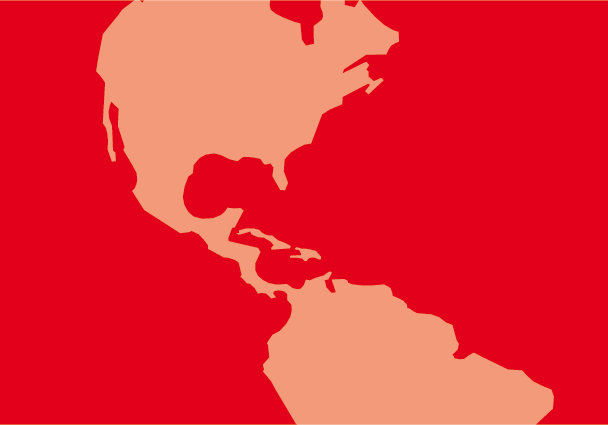The ICJ released today a preliminary report of its mission to Mexico from 1-10 February 1994 with regard to the recent insurrection of the indigenous peoples in the Mexican State of Chiapas.
“Government troops were guilty of serious violations of human rights,” reported the ICJ. These violations included: summary executions of prisoners, some of whom had been wounded before their capture; the arbitrary detention of perhaps more than 200 civilians; torture and other forms of abuse. In addition, the mission fears that involuntary disappearances may have occurred. The ICJ estimated that there are about 20 persons whose whereabouts remain unknown.
The ICJ did not receive complaints of abuses allegedly committed by the Zapatista army against civilians, although it repeatedly inquired about this in various affected areas.
The ICJ deplores that the Amnesty Law adopted by the Federal and State Parliaments on 20 January 1994 “has been formulated in such general terms as to include certain offences committed by government agents which should be excluded from an amnesty.” The ICJ welcomed the amnesty as a peace mechanism provided that those responsible for summary executions, torture and involuntary disappearances be brought to justice and not benefit from impunity.
Led by the Zapatista National Liberation Army, the rebellion started on 1 January and ended on 12 January, when President Salinas de Gortari unilaterally ordered a halt of the offensive and offered a dialogue to the insurgents which was accepted.
The ICJ estimated that the entire conflict had caused between 200 and 300 dead and an indeterminate number of wounded. It noted that the roots of the conflict were extreme poverty and discrimination against the indigenous population, particularly in Chiapas.
The mission was composed of Drs Eduardo Duhalde (Argentina) and Alejandro Artucio (Uruguay). Its task was to inform itself directly about the situation, contact all the sectors involved, and offer services to promote a solution of the conflict based on diaiogue.
The mission met Federal, State and local authorities, national non-governmental organizations, journalists, church representatives and members of the indigenous communities. The ICJ received generous cooperation and support from the Federal Government and the local authorities, which facilitated its work.
A full report of the mission will be published by the ICJ.





